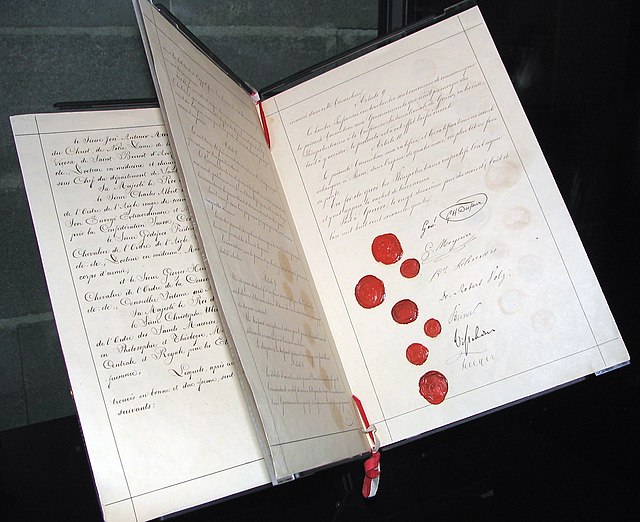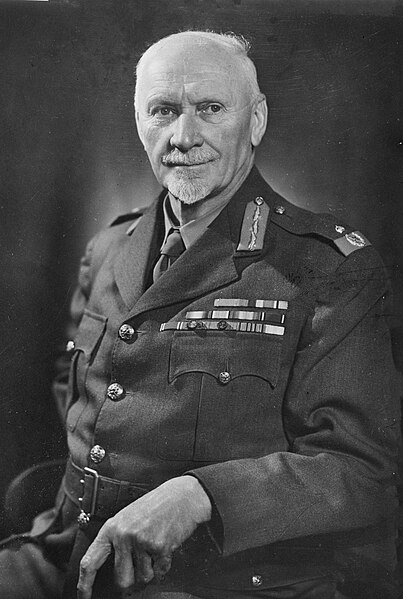The League of Nations was the first worldwide intergovernmental organisation whose principal mission was to maintain world peace. It was founded on 10 January 1920 by the Paris Peace Conference that ended the First World War. The main organization ceased operations on 18 April 1946 when many of its components were relocated into the new United Nations. As the template for modern global governance, the League profoundly shaped the modern world.
The 1864 Geneva Convention, one of the earliest formulations of written international law
Lord Bryce, one of the earliest advocates for a League of Nations
Jan Smuts helped to draft the Covenant of the League of Nations.
The League to Enforce Peace published this full-page promotion in The New York Times on Christmas Day 1918. It resolved that the League "should ensure peace by eliminating causes of dissension, by deciding controversies by peaceable means, and by uniting the potential force of all the members as a standing menace against any nation that seeks to upset the peace of the world".
International organization
An international organization, also known as an intergovernmental organization or an international institution, is an organization that is established by a treaty or other type of instrument governed by international law and possesses its own legal personality, such as the United Nations, the World Health Organization, International Union for Conservation of Nature, and NATO. International organizations are composed of primarily member states, but may also include other entities, such as other international organizations, firms, and nongovernmental organizations. Additionally, entities may hold observer status. An alternative definition is that an international organization is a stable set of norms and rules meant to govern the behavior of states and other actors in the international system.
The offices of the United Nations in Geneva (Switzerland), which is the city that hosts the highest number of international organizations in the world





